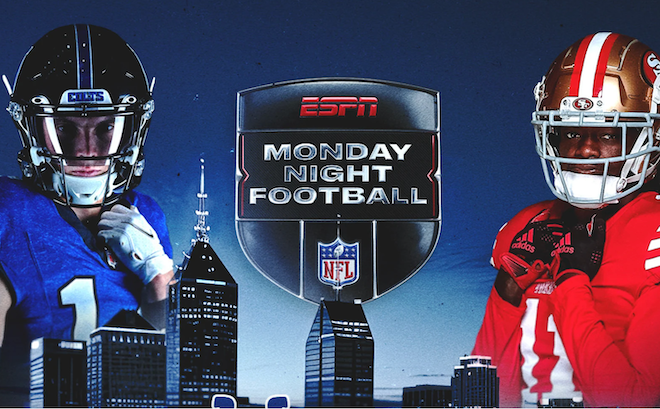THERE’S AN OLD SAYING, “Victory has a thousand fathers, but defeat is an orphan.”
To judge from the media coverage of the high school massacre in Littleton, CO, tragedy may have as many fathers as defeat. Newspapers, radio and television reports are each trying to come up with the one reason why Littleton happened, whether logical or not.
Case in point: The Wall Street Journal’s April 20 front-page article on the U.S. Bureau of Alcohol, Tobacco and Firearms’ (ATFs’) efforts to trace the weapons Eric Harris and Dylan Klebold used at Columbine. Among the headlines used on the piece was “The Role of Telemarketing.”
The article, by Robert Tomsho and Vanessa O’Connell, is superb. The role of telemarketing, however, is incidental-the teenage killers did not order their guns by phone. But, like many smaller companies with national distribution across the country, sales reps for gun manufacturers use the telephone to tell their customers-licensed gun dealers all-what weapons are available and take product orders.
Telemarketers are the direct marketers that even DMers love to hate. But here the mention in the headline suggests a significance in a tragedy the details in the article don’t support. In that sense it’s typical of much of the exploitative coverage of Littleton: scapegoating something the mainstream is not quite comfortable with.
The article noted that many of the problems the ATF had in tracing the guns would have been averted if there were a national database of gun owners as there is a national database of car owners.
The story credits opposition from the National Rifle Association, and gives direct marketers another aspect of the privacy issue to contemplate. -JB



